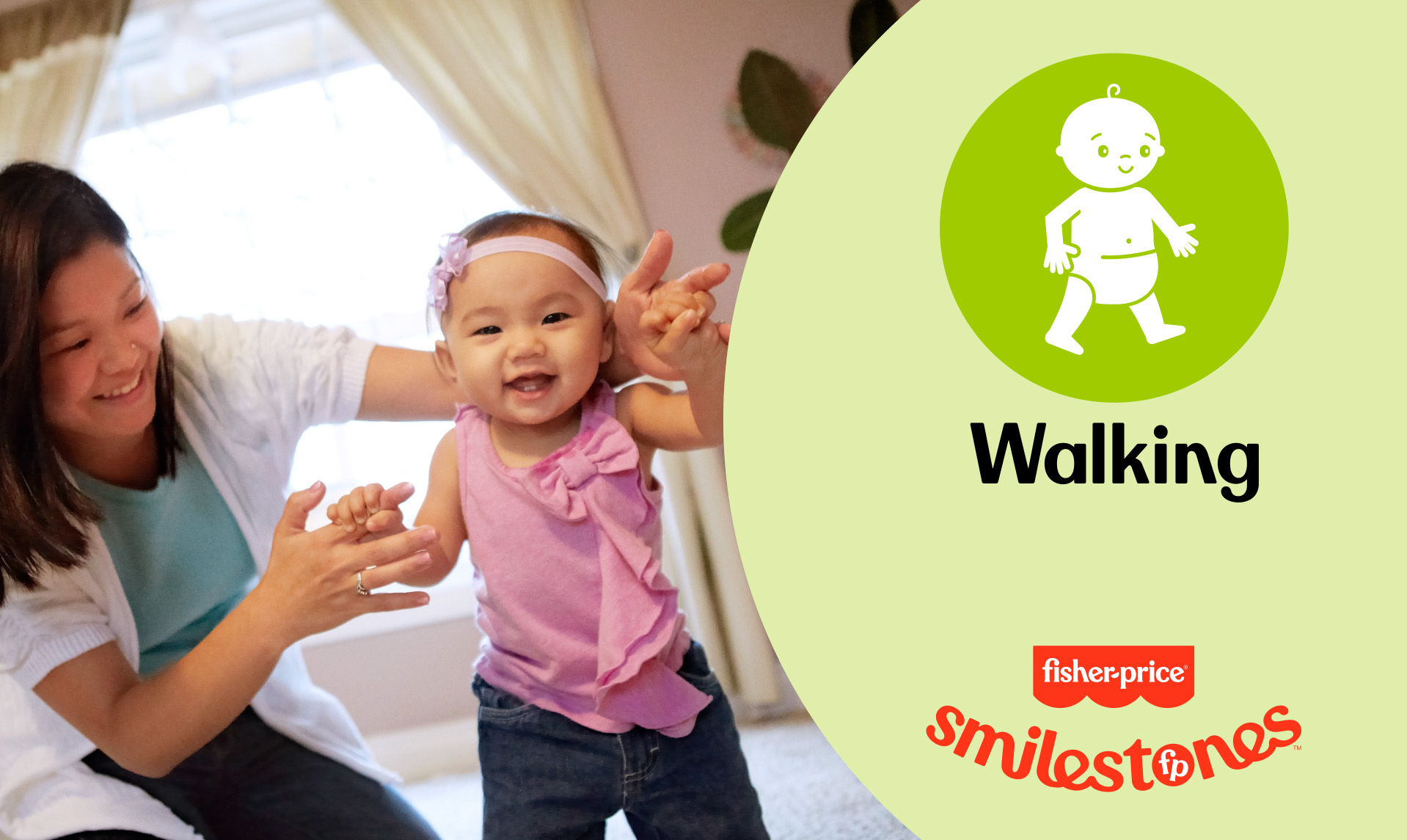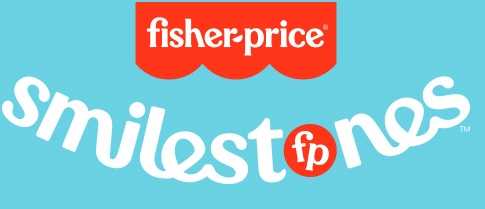When Will Your Baby Begin to Walk? When They’re Ready!
June 20, 2023

“When will my baby start to walk?” As a child development expert, it’s a common question I get from parents. They’ll often see another child around the same age who’s already walking and wonder if their little one is falling behind. So, if you’re asking yourself the same questions, I’ll share the same answer that I always do, “Your baby will walk when they’re ready.”

The reality is that kids develop at their own pace. Most of us couldn’t run a marathon without preparation, and the same is true for babies when it comes to walking.
Below are some insights to consider and steps you can take to help your child begin to walk. In the meantime, enjoy this stage of your baby’s life before the chasing begins!
Why is learning to walk so important?
Obviously, walking is important for all of us, but it’s really a game changer for babies and one of the most rewarding milestones parents look forward to. Here’s how learning to walk helps babies:
Coordination & balance
Learning to walk helps your baby gain strength, coordination and balance that sets the stage for a lifetime of activity!
A new point of view
Walking gives your baby a new point of view of their world and teaches them how to navigate from point A to point B (and they can see what’s exactly on that coffee table)
Independence
Learning to walk gives your child a sense of independence and opens up new (and super fun!) activities like running and jumping as they grow and find new things to explore!

How to help get your baby walking: the basics
Here are some basic tips to help your baby take those first steps:

1. Build those muscles.
You don't have to wait until your little one shows signs of walking before strengthening those muscles. Around 6 months, hold your little one’s torso under the armpits with feet touching the ground or your lap. Allow them to bear some weight on their legs and bounce up and down!

2. Offer something they really want.
When your baby shows signs of walking, position them alongside the couch with a favorite toy to encourage them to stand and play or position yourself or the toy a few feet away and encourage them to move towards it using the couch for support. When baby begins to cruise create safe pathways by removing items that aren’t secure.

3. Give them a hand.
As your baby progresses, another way to help them walk is to provide support by holding onto both of their hands from behind. Let them find their balance and help them to take those first steps.

4. Cheer them on!
Encouragement is key! When you’re super excited this can help to take the focus off what their body is trying to do and allows them to take those first steps!
Surprising walking tips
Here are some things you might not have thought about:


Walking timeline
Below is an approximate walking timeline. Remember, don’t worry if your baby isn’t right on schedule or even skips some steps! As always, if you ever have concerns about your child’s development, reach out to your pediatrician.

3 to 7 months
- Bears some weight on legs
- Bears all weight on legs
- Bears weight and bounces

6 to 13 months
- Stands holding on to objects or caregiver when placed in a standing position
- Pulls to stand using objects
- Stands for a few seconds
- Cruises

10 to 15+ months
- Cruises
- Walks with two hands held
- Walks with one hand held
- Walks without support


Fun and walking go hand-in-hand
A push-along baby walker is great for babies 6-36 months! Before babies can stand, cruise, or walk, they’re able to sit and play with the walker. Once they’re old enough to be in a standing position, very slowly (and with your hands on the walker) push the walker forward with them. They’ll begin to move their legs in a walking motion. Sometimes, babies stay “frozen” and don’t move their legs. If this is your little one, gently take the leg in the back and move it in front of the other one. This is helping to teach their bodies how to move to walk!



Parent check-in
How are you feeling?
Walking is such an exciting milestone, and most parents can’t wait for their child to take those first steps. I know it’s hard but try not to compare your baby to others. Your baby will walk when they’re ready. When your little one finally takes their first step, it can be such a magical moment and you’ll feel such a sense of pride. It might also be a little bittersweet when you realize your little one is gaining even more independence as they can now get from point A to point B without your assistance.
Gentle reminder: If you ever have concerns about your child’s development, trust your gut and reach out to your pediatrician.”

Bringing a smile to milestones.
Say hello to happier parenting. At Fisher-Price, we’re here to help you celebrate the little victories, let go of expectations, and pick up more positivity. Because after more than 90 years of helping families, we’ve learned every child learns in their own way – at their own pace. That’s the beauty of the Smilestones approach. It’s about finding the joy in every stage (big and small) for every kid.
Learn More










































